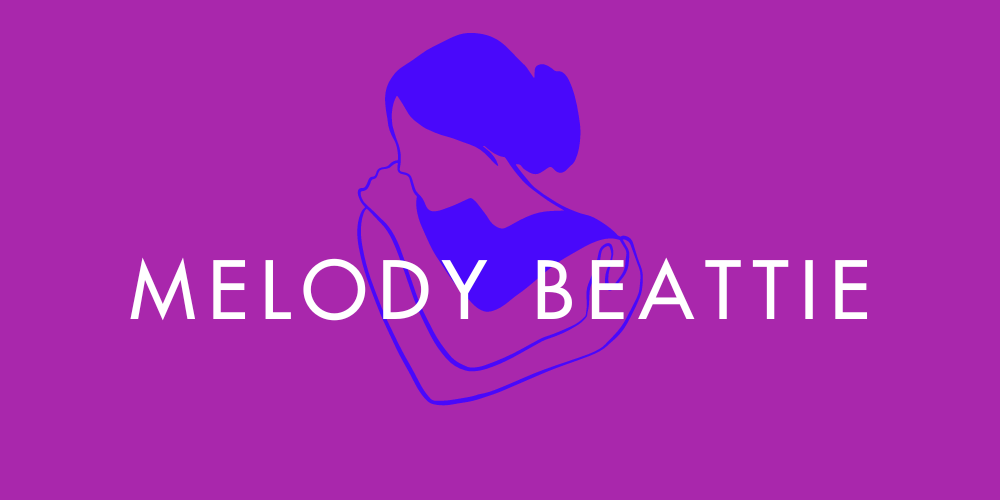Generosity - Day 3
He worked in a social services office. One night, at the close of the day, a young woman wandered in. She was newly sober, had nowhere to go, and didn’t have a penny in her pocket.
“I told her she could use the phones to try to get some help,” he said. “I wanted to do something for her, give her some money—some practical help. But I had such strong codependency issues that I had worked on that I was afraid it was wrong to give. I know it’s not my fault or my responsibility, but I wish now that I had given more.”Some of us gave way too much, way too often, in the wrong places. We gave and gave to black holes, or we gave in such a way that people became dependent on us and didn’t take responsibility for themselves. Or we gave when we really didn’t want to.When we looked in our heart and searched, the real answer was no. It’s not giving that’s bad. Giving is good. Some of us get confused and think giving is wrong. It’s only time to stop giving and take care of ourselves when we give compulsively, give obsessively, squander our resources in an irresponsible way, confuse giving with grandiosity, or give in a way that enables and harms.Once we learn how to say no, we learn that it’s equally valuable to learn when to say yes.
Challenge: The hardest thing about giving can be determining when what we’re doing is healthy giving and when it’s not. We may be afraid of being manipulated and used if we walk around the world with a generous spirit. That happens sometimes. Maybe we will get manipulated or tricked once in a while, but I don’t think that’s a codependent slip. Sometimes it’s time to back off from giving and just take care of ourselves. That’s only part of recovering and mental health. After we do that, it’s time to get back in the game and learn how and when to give.
From the book: 52 Weeks of Conscious Contact
